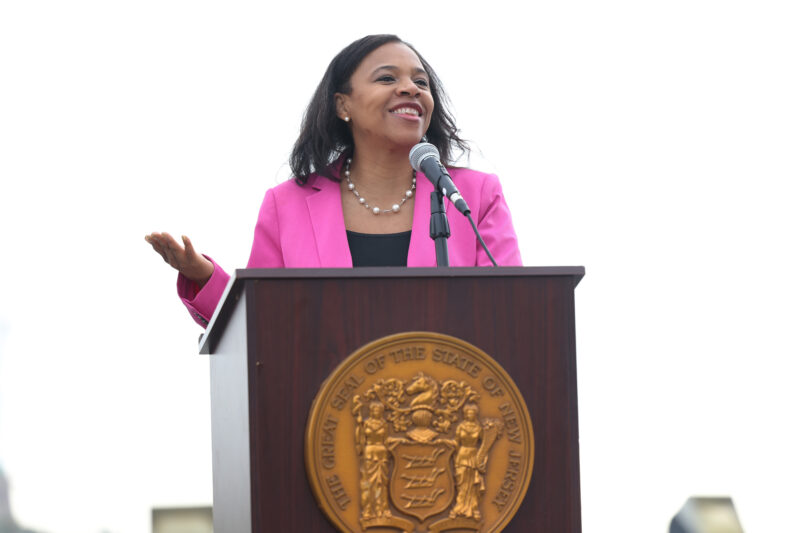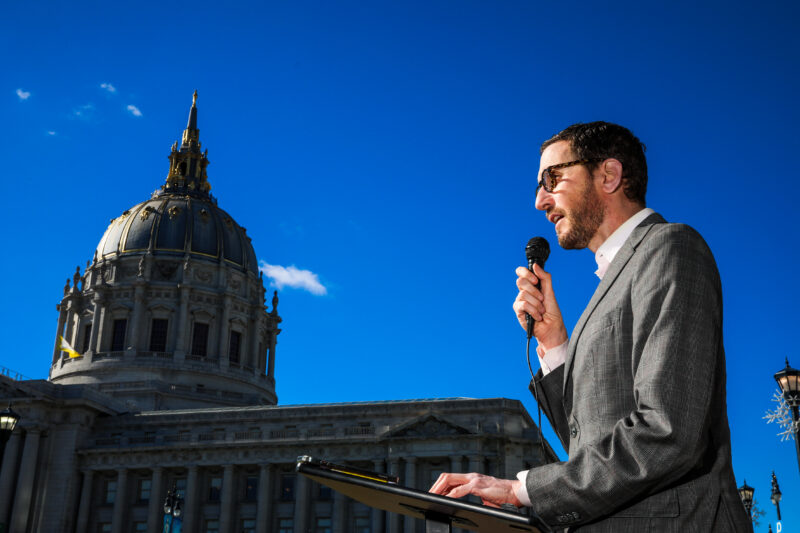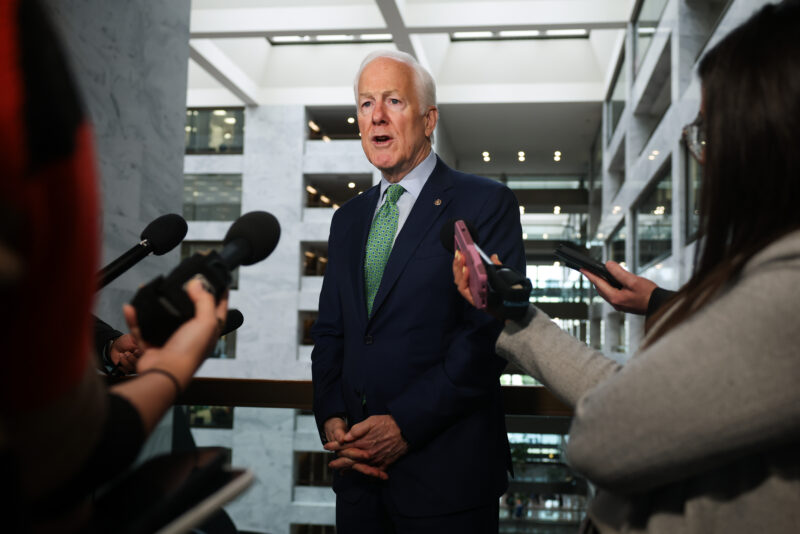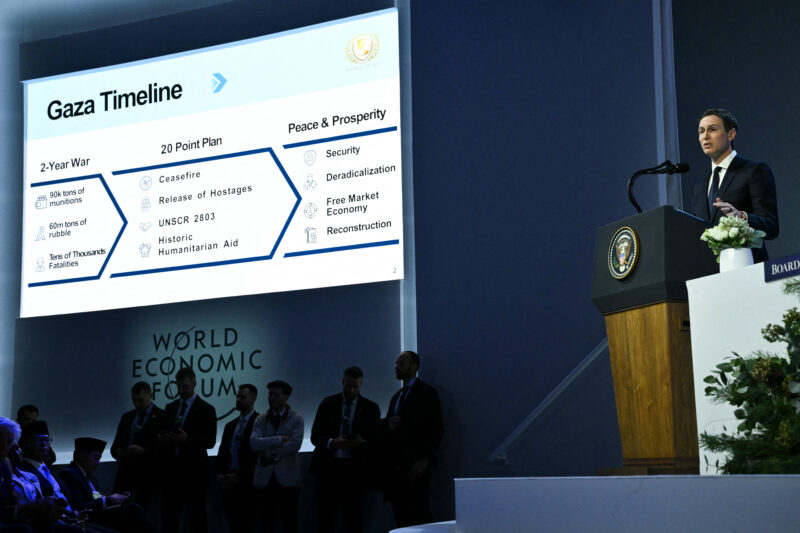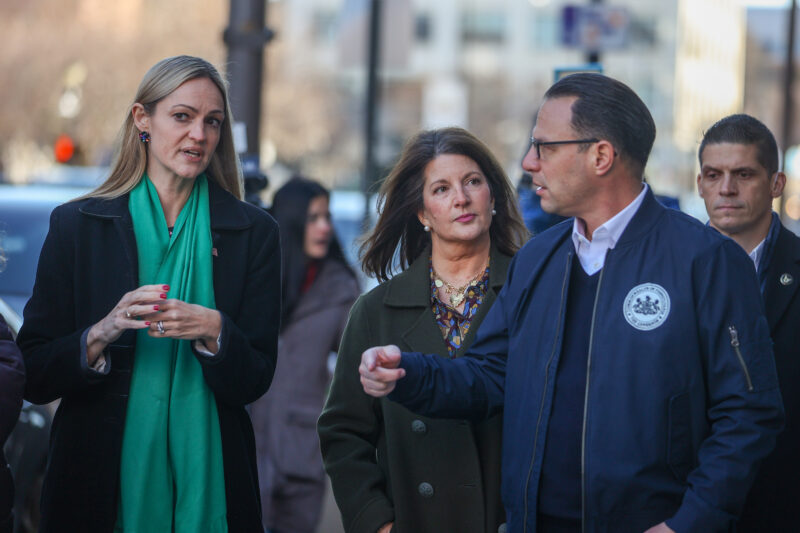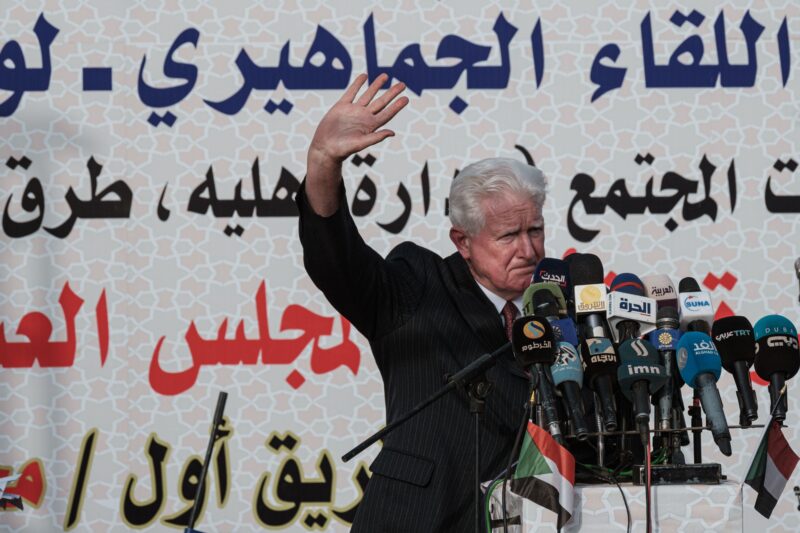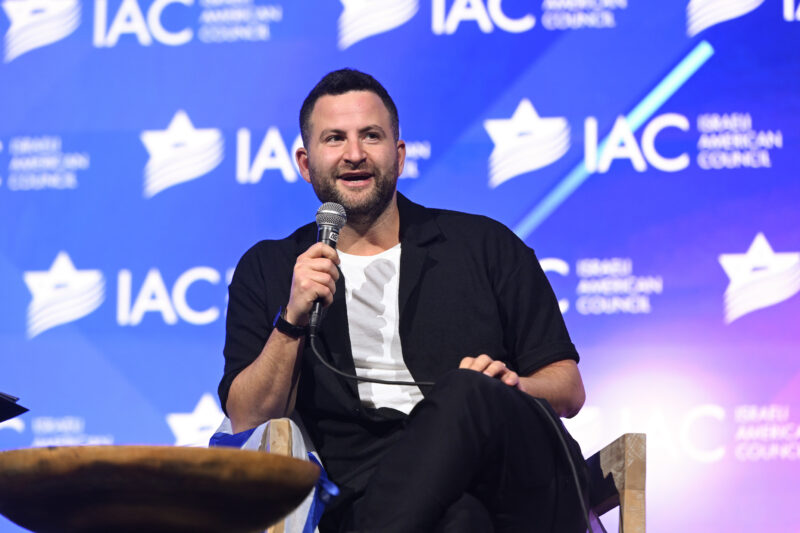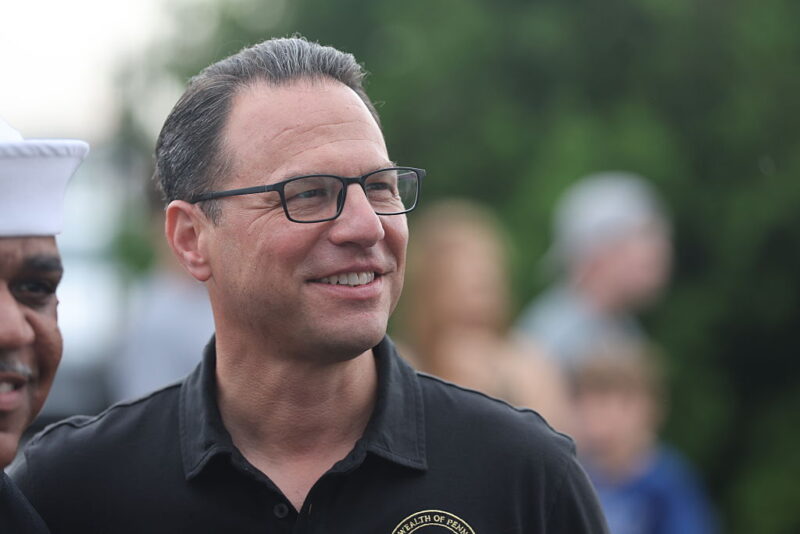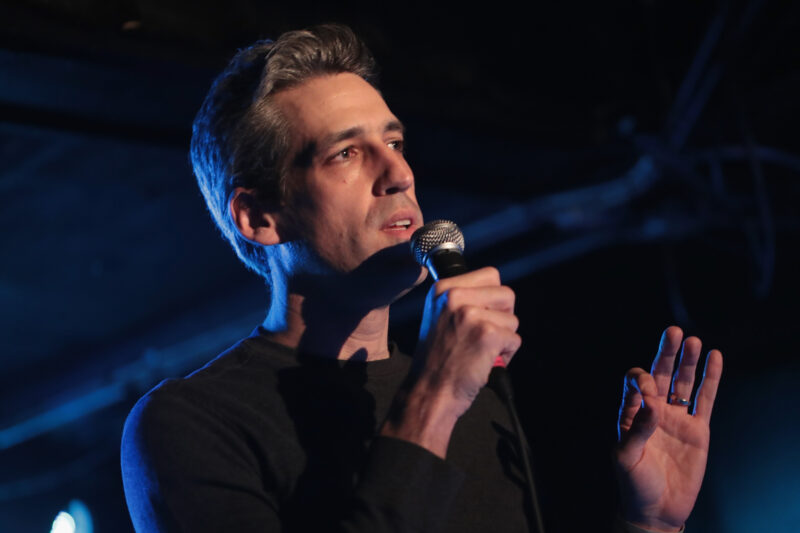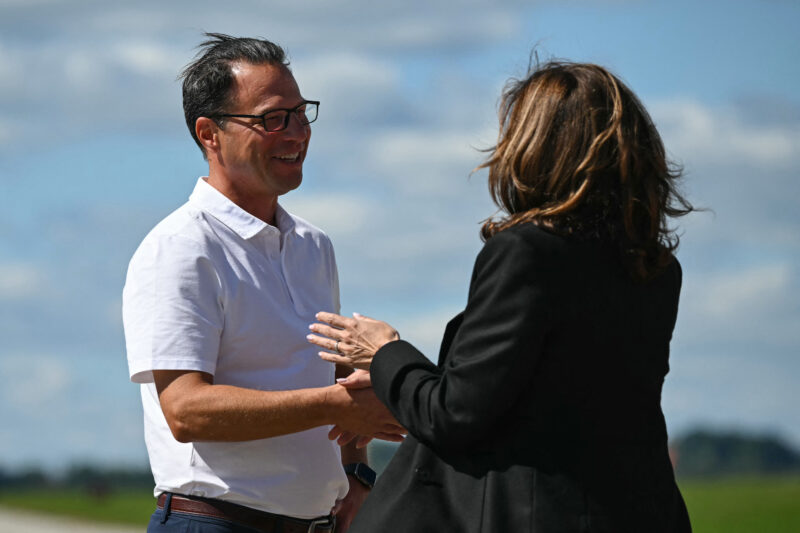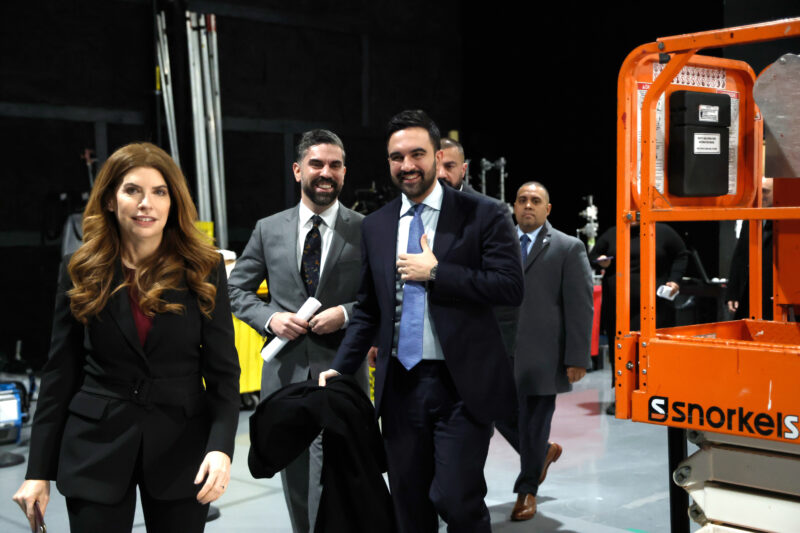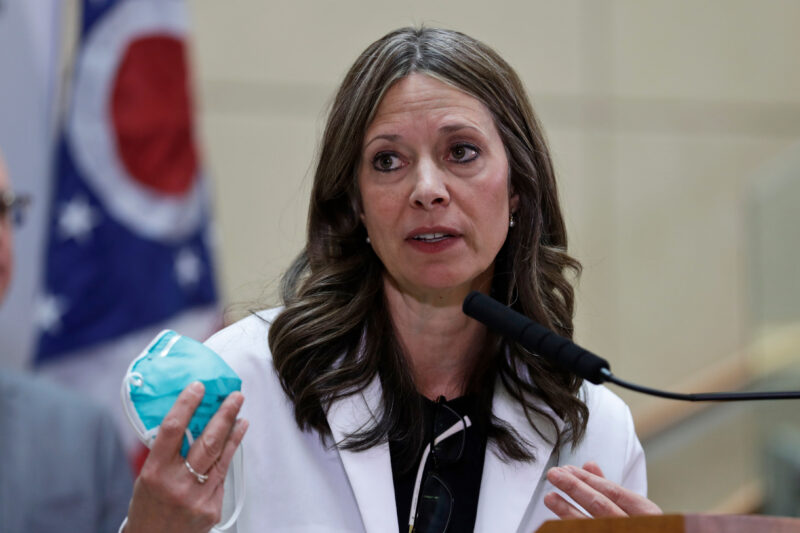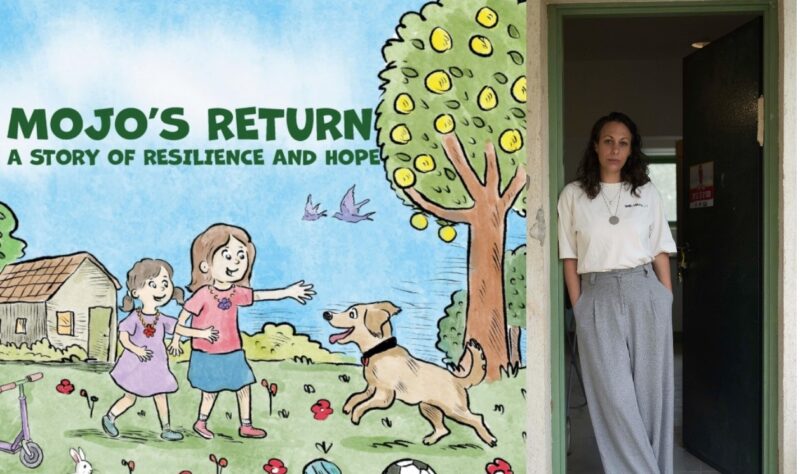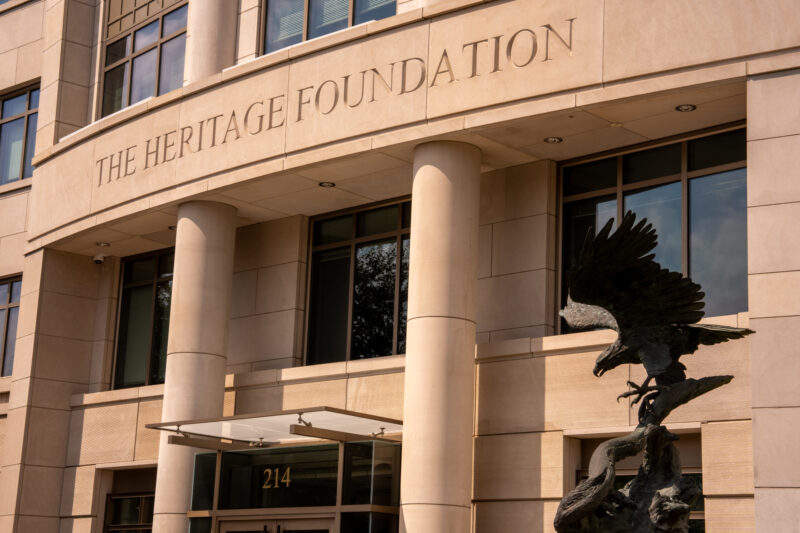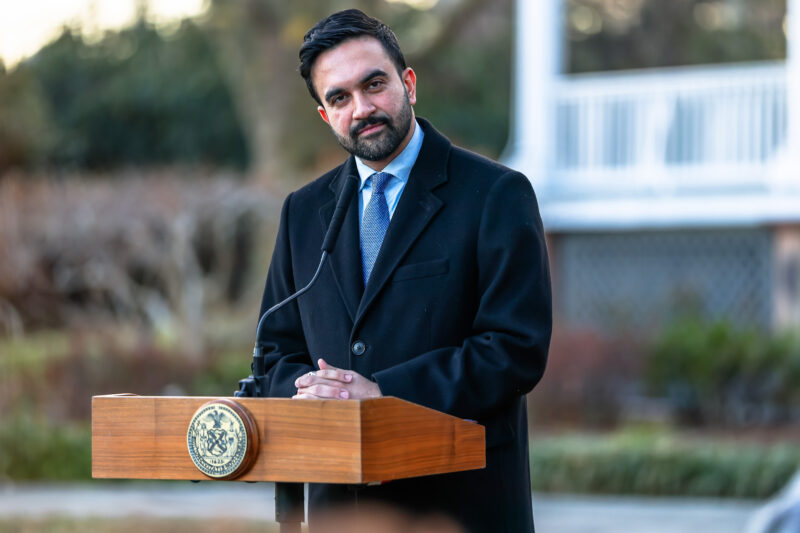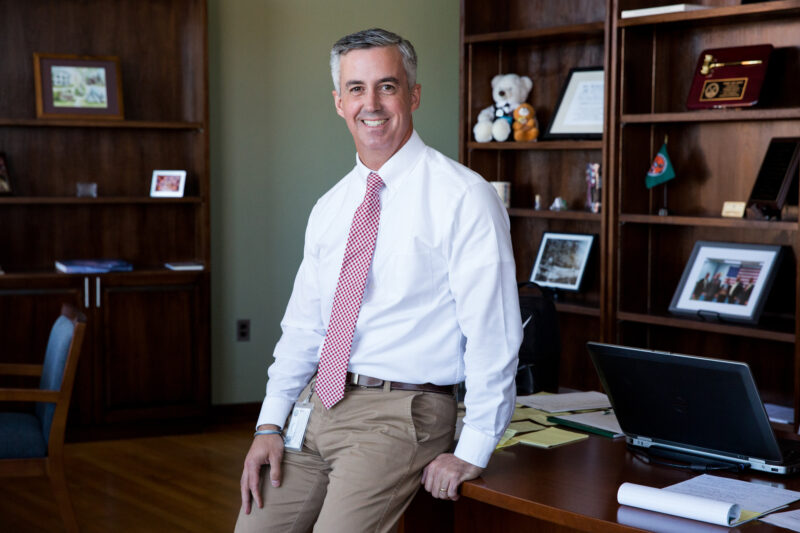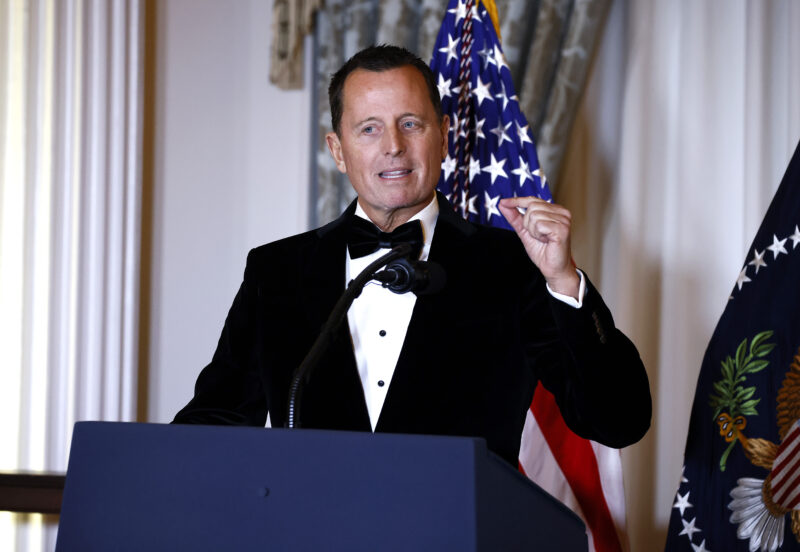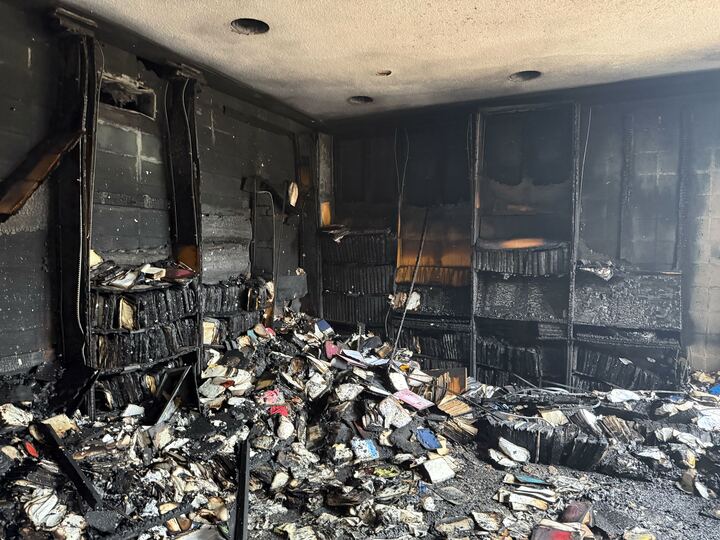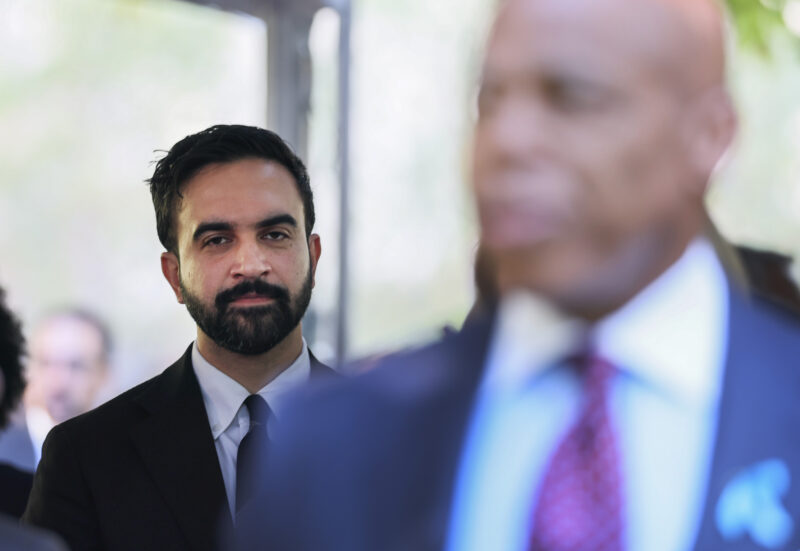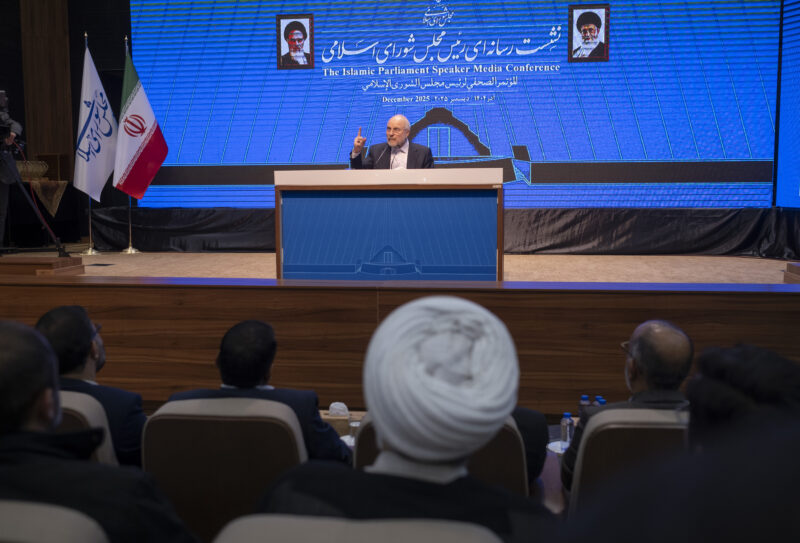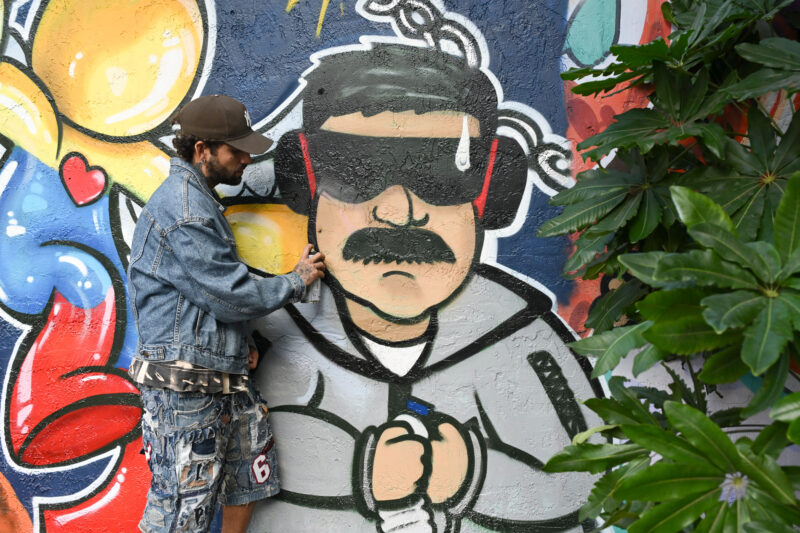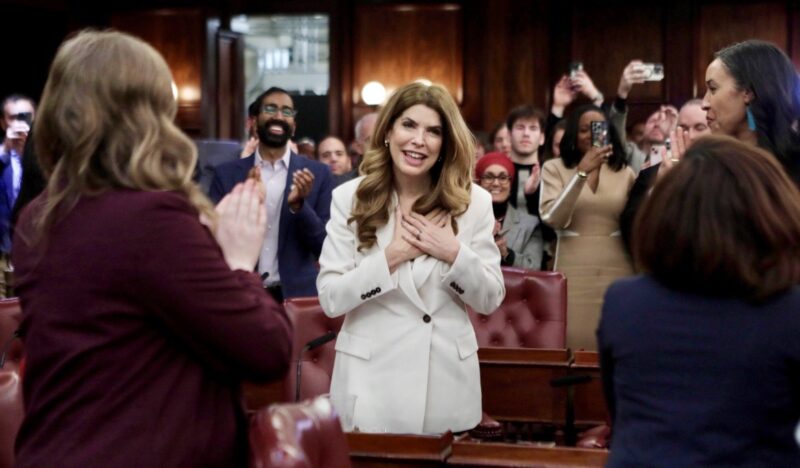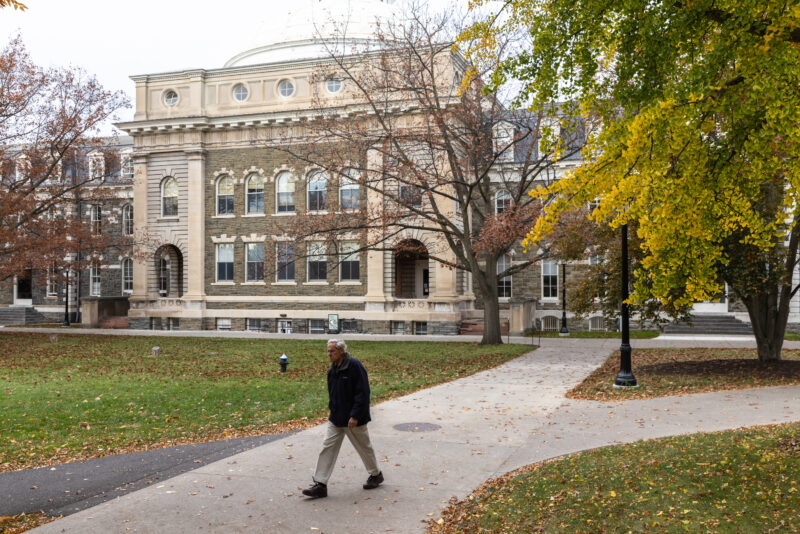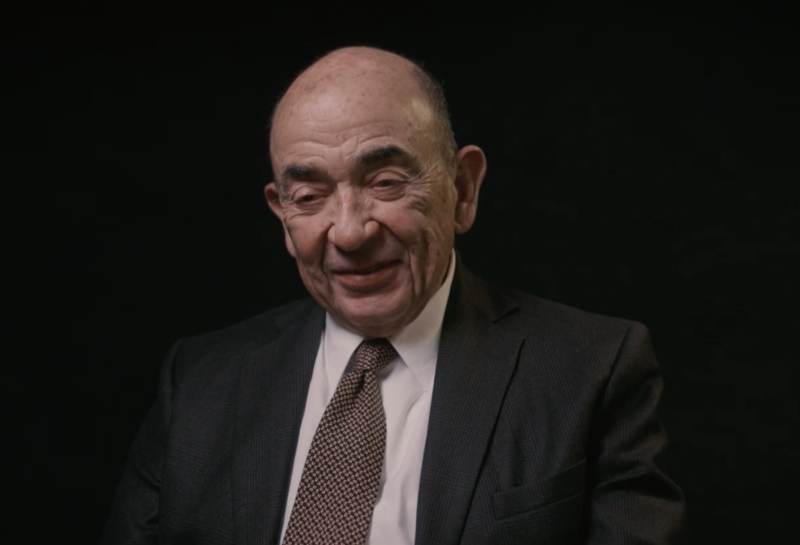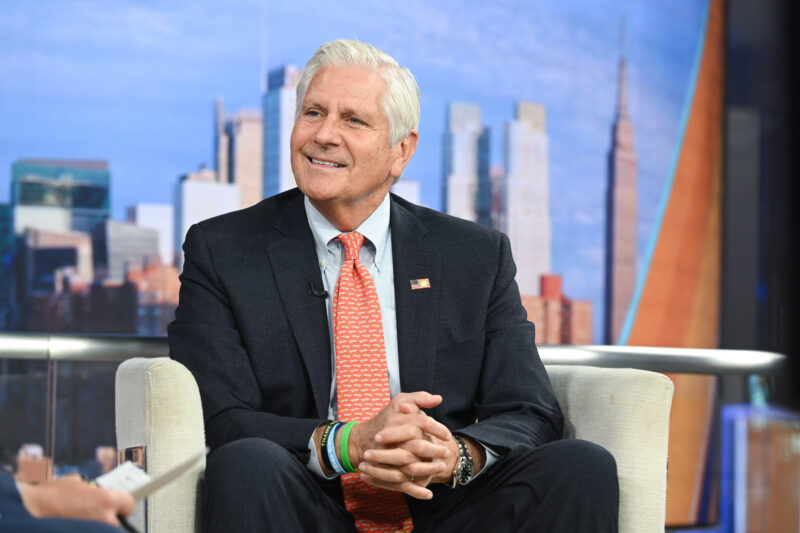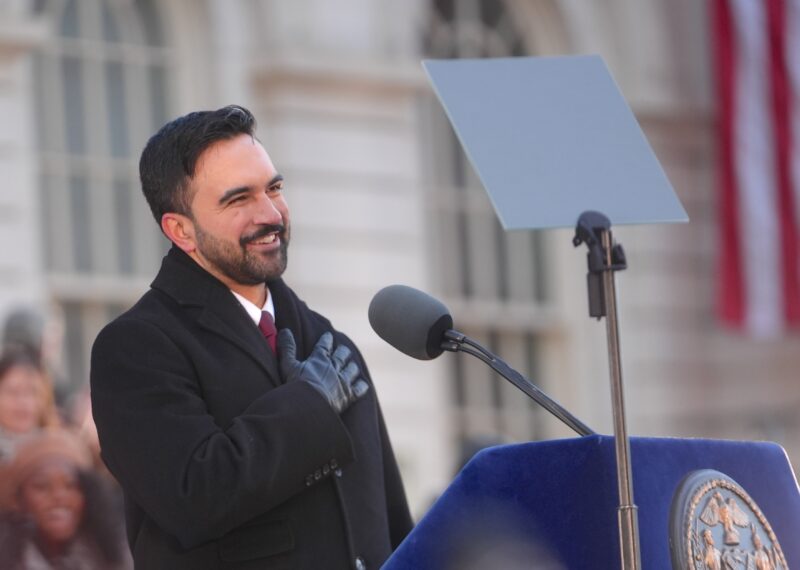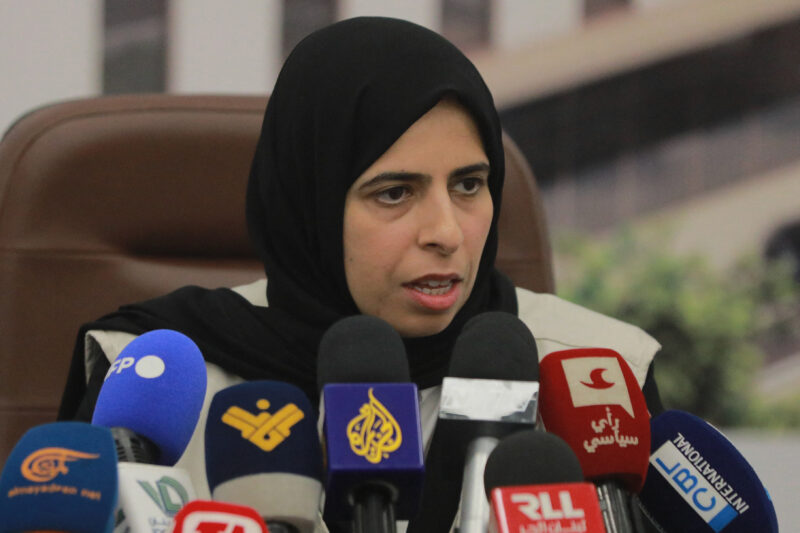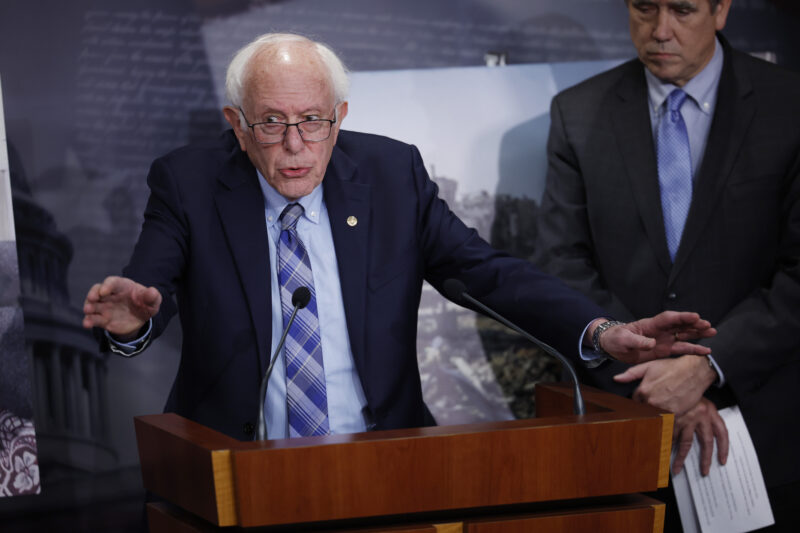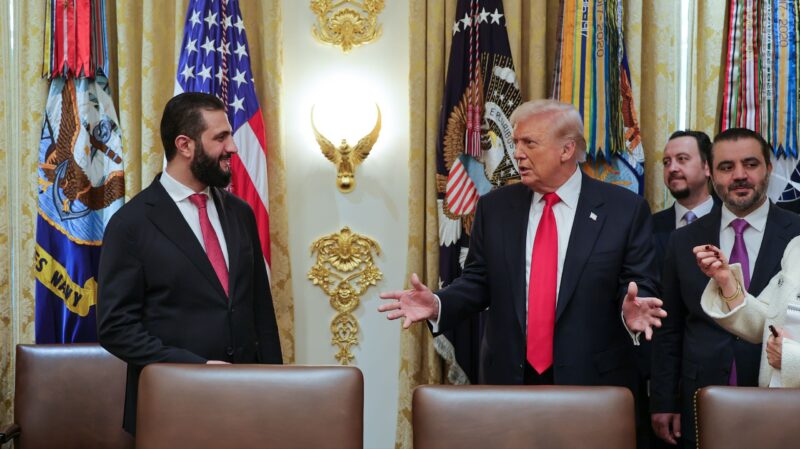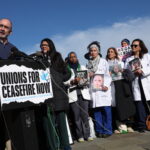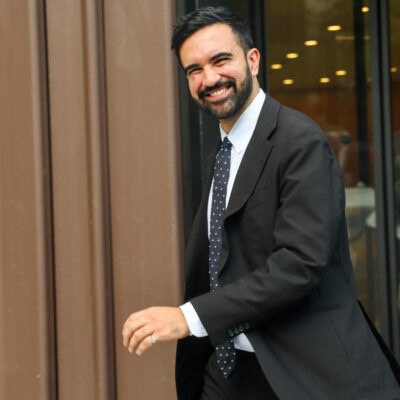Rep. Rashida Tlaib claims her Middle East views have been ‘misinterpreted’

Carlos Osorio/AP
Rep. Rashida Tlaib (D-MI)
In a new interview, Rep. Rashida Tlaib (D-MI) discussed her perspective on the Israeli-Palestinian conflict while defending against charges of antisemitism.
In her first-ever interview with Detroit’s local Jewish news outlet, The Detroit Jewish News, Tlaib claimed her position on Israel has been “misinterpreted or not fully understood” by the media.
“If people saw me more as a granddaughter, versus a congressmember, they would understand why I have said we need to push for true equality and justice in Israel,” she explained. “The lens I bring to the issue is something I hope people welcome because I don’t think there has ever been a member of Congress with a living grandmother or relatives in the occupied territories of Israel. I hope people see an opportunity, not something negative.”
She claimed that she has not intended to make Middle East politics a major focus of her tenure in Congress, but that she is frequently asked about the issue.
“I get asked more about the issue of Palestine than my BOOST Act, more than the other issues. That’s unfortunate, but I’ve been very good about pivoting and saying, ‘Well, we need access to water, from Gaza to Detroit,’” Tlaib, who has spoken frequently about her grandmother who lives in the West Bank, said. “I don’t think I would be as passionate but for my Palestinian roots, for the fact I grew up in [Detroit] and have seen, firsthand, people’s oppression and the struggle of being a child of immigrants.”
Tlaib also said she believes that criticism of her as antisemitic is in bad faith.
“I think some of it is anti-Arab. It’s anti-Palestinian…. My mere existence created this tension of, ‘She must be this way. This is who she is. This is how all Palestinians are,’” she said. “Before I even opened my mouth, as soon as I won, it was just complete attack. And it was anti-Palestinian, anti-Arab movement. Not as much Muslim. The white supremacists, those folks came after.”
Tlaib defended her calls for a one-state solution — which led J Street to withdraw its endorsement of her during the 2018 campaign — claiming that current conditions in Israel make a two-state solution unviable.
“The two-state [solution] is almost impossible now around the racist policies of [Israeli Prime MInister Benjamin] Netanyahu — that [a] two-state would be impossible without actually hurting Israelis,” she said. “If you think about some of the Israeli families [who] have been in those communities for almost five decades, is the solution to push them out and recreate that kind of hurt? I just don’t know how you uproot people yet again.”
In the interview, Tlaib described a visit she made to Israel in the mid-1990s.
“I was there in 1995 when Prime Minister [Yitzhak] Rabin was still alive, and people were on the same buses together, people were going to the beach together. There wasn’t this militarization of neighborhoods and villages,” she said. “There was just this beautiful kind of humanity and that brought people together, where now the segregation — and that’s what it is — is just making people less safe.”
While Tlaib said she does not believe supporting the BDS movement is a requisite for being progressive, she added that she sees some of the Democratic opposition to Netanyahu’s annexation plans that’s not backed by some form of financial penalties for Israel as toothless.
“There’s people that say, ‘Well, we need a boycott until he stops.’ Some people are saying, ‘We need to leverage the American dollars until he stops.’ Some people are like, ‘That’s fine. He’s just a bad person. We don’t support annexation, but that’s it.’ And I don’t know how effective that is,” she said.
Tlaib added that she sees herself and the Jewish community as fighting common enemies in white supremacists.
“White supremacy is really what brings us all together… When we talk about anti-Semitism, when we talk about anti-Blackness, anti-immigrant, it’s all of us together fighting against the same people. Because when you open that curtain, it’s the same folks coming after all of us,” she said.
Asked about recent Black Lives Matter and “Day of Rage” protests that targeted synagogues and sites like a statue of Raoul Wallenberg in Los Angeles, Tlaib avoided directly addressing the incidents.
“In the 13th congressional district, we have done more intersectional work on achieving justice and fighting against oppression from Detroit to Gaza than most communities,” she said. “ We come from a place of love when we fight for equality and justice for all. I hope this type of work can be spread across the country.”
Tlaib faces a competitive primary against Detroit City Council President Brenda Jones on August 4. Jones came close to beating Tlaib in the 2018 Democratic primary. Major Jewish donors were expected to throw support behind Jones in 2020, but that support has not materialized — which some have attributed to Jones’ outspoken support for controversial Nation of Islam leader Louis Farrakhan.











